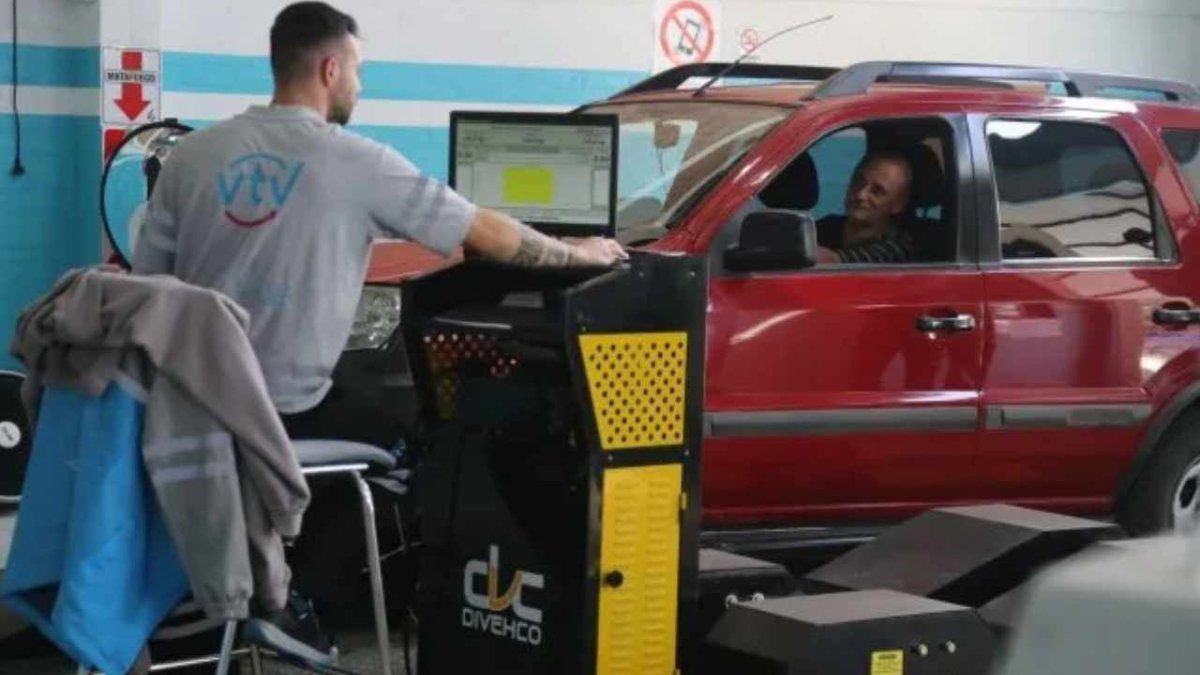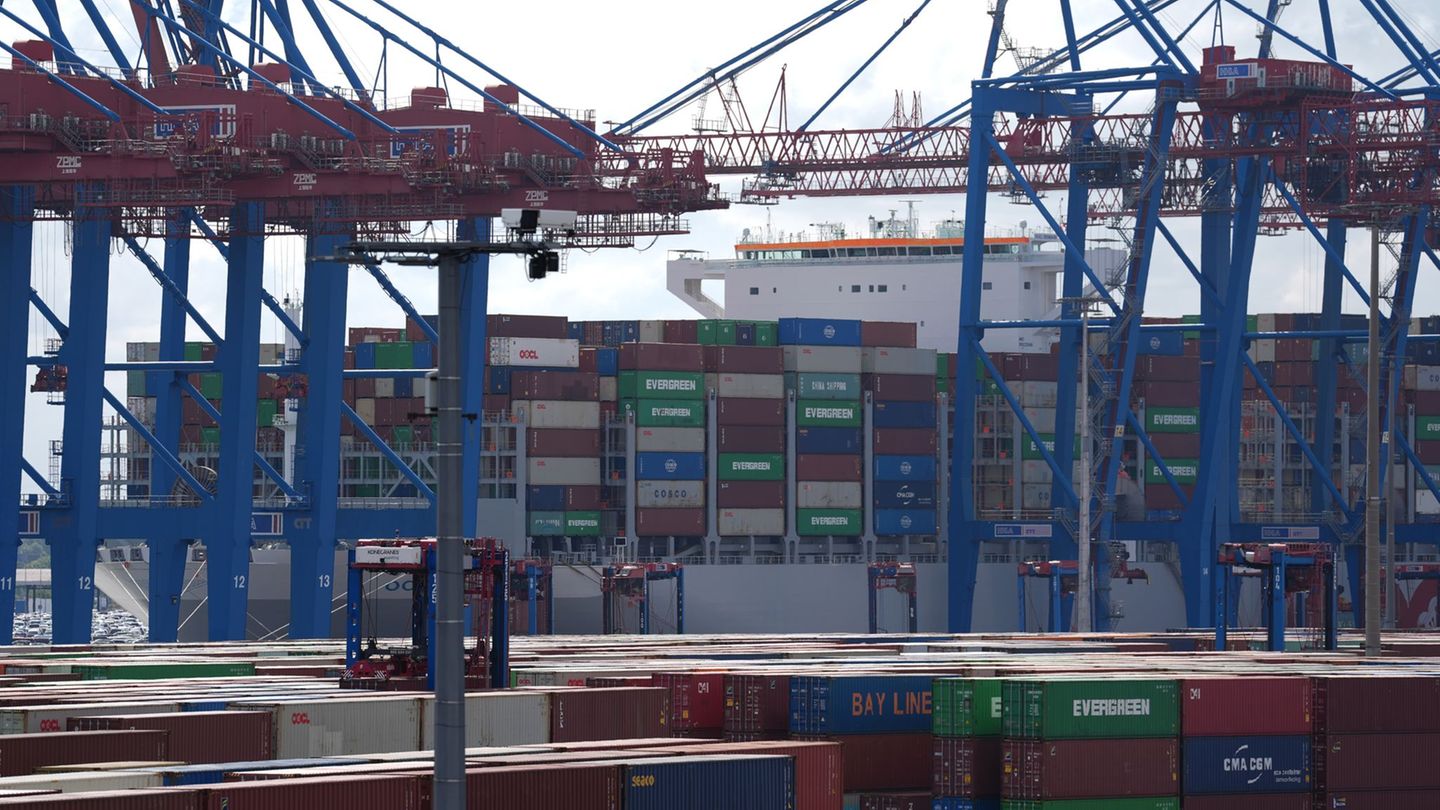Juliet ZelicovichMaster in International Trade Relations, in statements to Télam, said that “trade in a government of Lula da Silva can be a means to preserve and recover the social and integrationist agendas of Latin America“.
He also considered that with Lula there could be “greater political proximity of the presidents tending to dialogue and cooperation in all the situations that are worked on, in which Argentina and Brazil dispute over the trade policiesand also have a more oiled negotiating table”.
The impact of Brazil in Mercosur
Regarding the Argentina-Brazil trade link, Zelicovich remarked that “cutting back 10 years from now, the trade relationship matters less and less for the Brazilian side” and -he continued- “this generates different views, especially in what we have in common is the Mercosur“.
For his part, the director of the consulting firm Abeceb, the economist Gustavo Peregoremarked that Jair Bolsonaro “is going to ask the Mercosur partners to continue advancing with the opening agreements“.
“With Bolsonaro we will see a much stronger and faster Brazil at the opening of New marketssecond-generation agreements (phytosanitary, standards, investment), but they are going to ask Mercosur to open up more in protection,” he predicted.
“In the case of Lula da Silva, everyone believes that there is going to be a policy of greater coordination with the countries of the region and that this opening process is going to stop,” Perego said.
He also asserted that “Brazil will always lead by weight and will set the course because when Brazil wants to, free trade agreements they happen and when they don’t, they don’t. Whoever wins the election in Brazil is going to mark the times of Mercosur a bit,” the economist postulated.
The commercial logic between Brazil and Argentina
On the other hand, he considered that “the work he has done Daniel Scioli at the embassy in Brazil is really very good because he has understood the logic of power in brasilia with Bolsonaro and that has helped a lot to have a good relationship between the countries”.
This economic and commercial link “has a consolidation that dates back decades, with which, “there may be changes in government, but the commercial logic within the companies, the multinationals“, he pointed out.
FIDE Chief Economist, Nicholas Zeollasaid that “given the weight of Brazil as core industry partner of Mercosur, Argentina has a cycle of economic activity, especially industrial, highly correlated” with that country, with which, “a growing Brazil is a great boost for our economy,” he pointed out.
“In terms of Mercosur, Brazil is pending resolution of the free trade agreement with the European Union“, declared Zeolla, who remarked that “Bolsonaro is a defender and promoter of that agreement and other bilateral ones that would go against the spirit of the bloc, while “with Lula da Silva it would return to a harmony of regional cooperation“.
Another specialist consulted, Thomas Bontempoa graduate in International Relations from the University of Salvador, said that “Bolsonaro’s foreign policy turned Brazil towards deamericanizationmaking distancing from Latin America one of the axes of its hyper-ideologized foreign policy”.
He stressed that Bolsonaro “does not consider the regional market to be important, nor does the country need its regional partners to play the role of a world player.” With Lula, on the other hand, Brazil “could resume a more active role in the region with measures aimed at prioritizing South-South cooperation.”
One guideline for this is “re-boost the strategic alliance with Argentina“, said the lawyer. “In commercial terms, there is the desire to build a strategic relationship with Argentina and the centrifugal impulses generated by the growing commercial links with Southeast Asia,” he explained.
Source: Ambito
David William is a talented author who has made a name for himself in the world of writing. He is a professional author who writes on a wide range of topics, from general interest to opinion news. David is currently working as a writer at 24 hours worlds where he brings his unique perspective and in-depth research to his articles, making them both informative and engaging.




